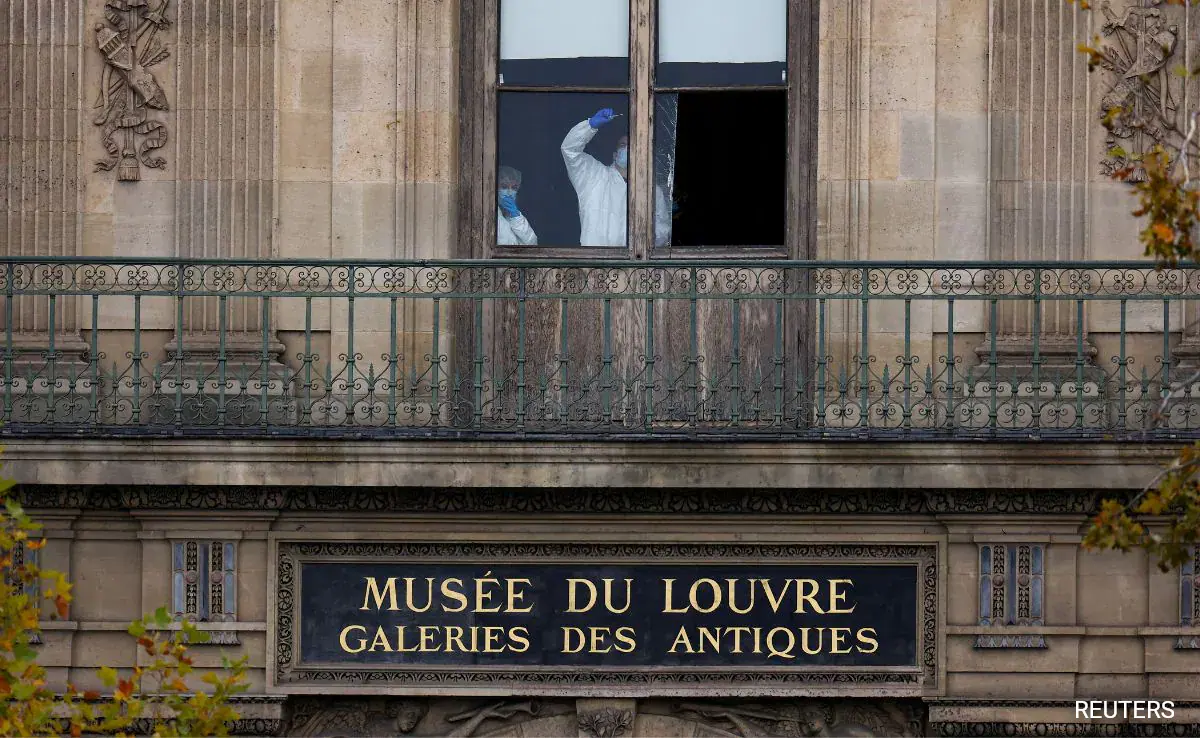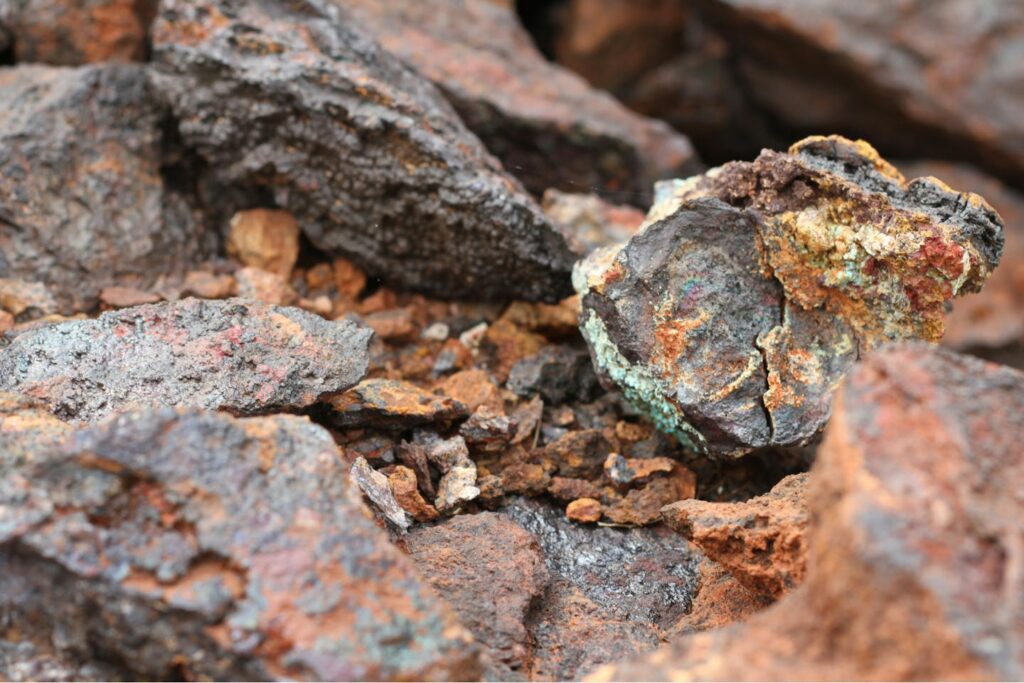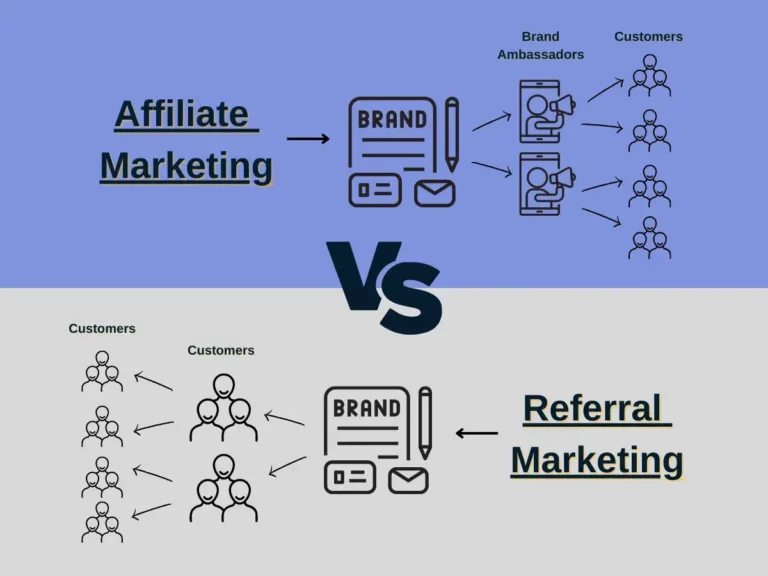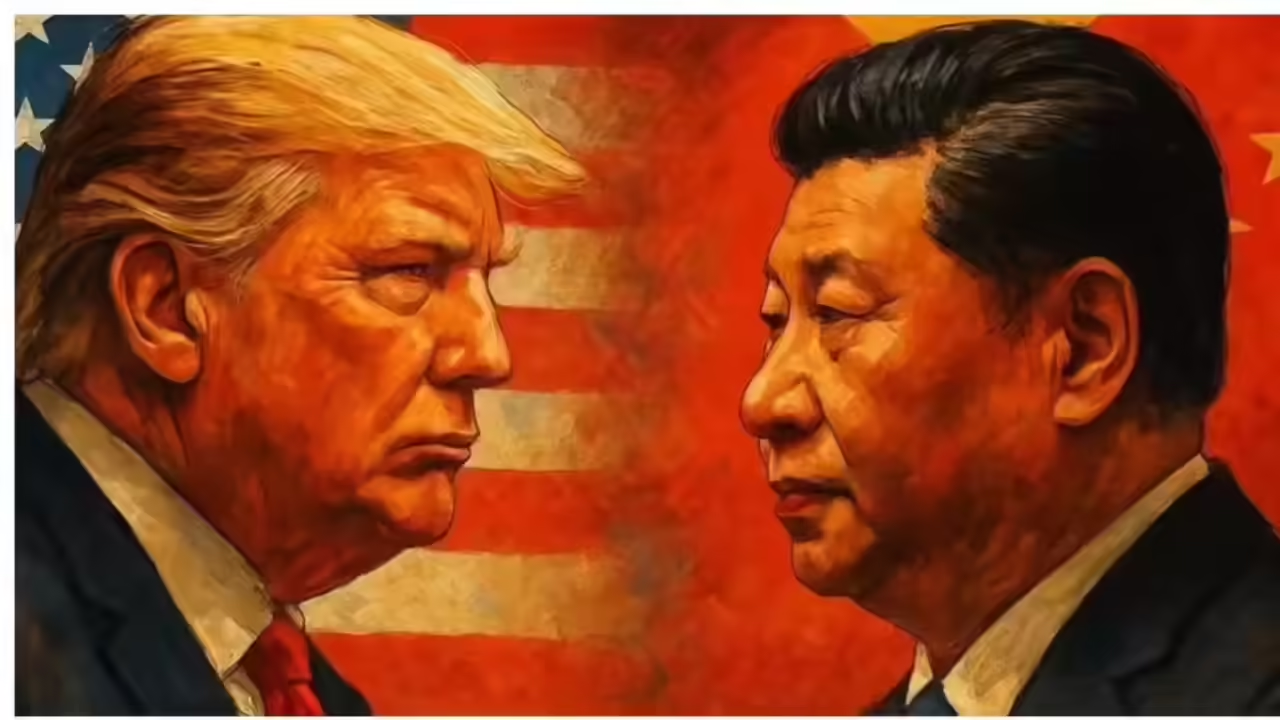Now Reading: Louvre Heist Twist: Telegram CEO Offers to Buy Stolen Jewels to Donate Them to Abu Dhabi
-
01
Louvre Heist Twist: Telegram CEO Offers to Buy Stolen Jewels to Donate Them to Abu Dhabi
Louvre Heist Twist: Telegram CEO Offers to Buy Stolen Jewels to Donate Them to Abu Dhabi

A bizarre turn in the Louvre heist story has caught global attention after Telegram CEO Pavel Durov reportedly offered to buy the stolen jewels, only to donate them to Abu Dhabi. The move follows a high-profile robbery at the Louvre Museum, where rare artifacts and gems were stolen in what authorities are calling one of the most audacious heists in recent years.
According to reports, Durov’s offer came through a post on Telegram, where he expressed interest in acquiring the jewels from the thieves to ensure they are preserved and eventually returned to a secure home. His statement sparked widespread debate online, with some praising the gesture as a clever way to recover stolen heritage, while others questioned the legality and ethics behind it.
French authorities have yet to comment on the offer, but security agencies are continuing their investigation across Europe and the Middle East. The stolen collection, believed to include centuries-old royal ornaments, is valued at several million euros. Interpol has been alerted, and security checks at international borders have been intensified.
Meanwhile, the story has stirred conversations about the vulnerability of global museums and the role of private individuals in recovering stolen art. Experts believe that public figures showing interest in heritage preservation can help raise awareness but warn that such gestures should align with international law.
For art lovers and collectors in India, the incident revives an old debate about the security and ownership of cultural treasures. As India continues to bring back artifacts taken during colonial times, global events like this highlight how fragile cultural heritage remains, even within the world’s most secure institutions.
In the end, whether Durov’s offer leads to the recovery of the jewels or remains a symbolic gesture, the Louvre heist has once again revealed how modern technology, crime, and culture often intersect in unexpected ways.

























